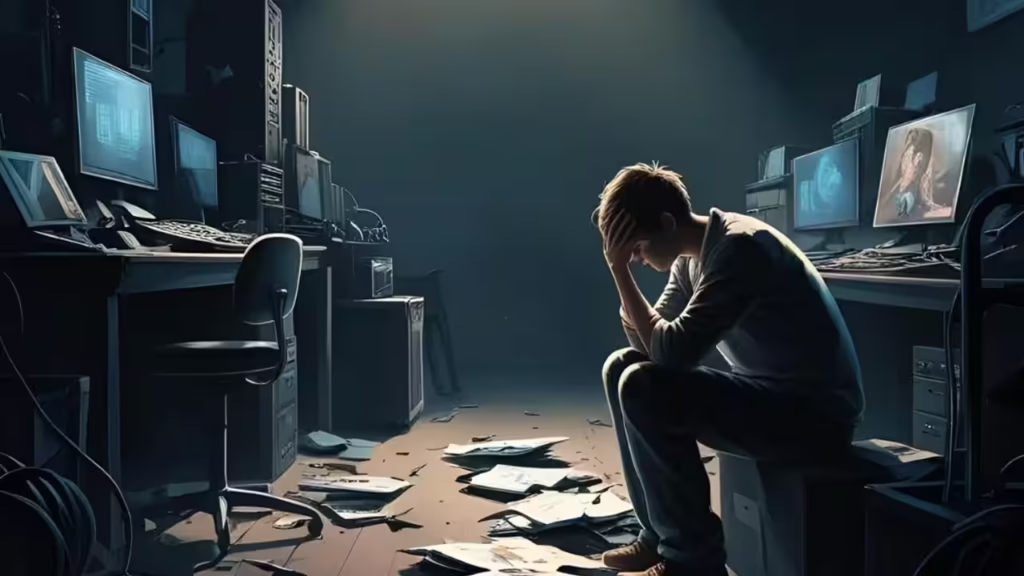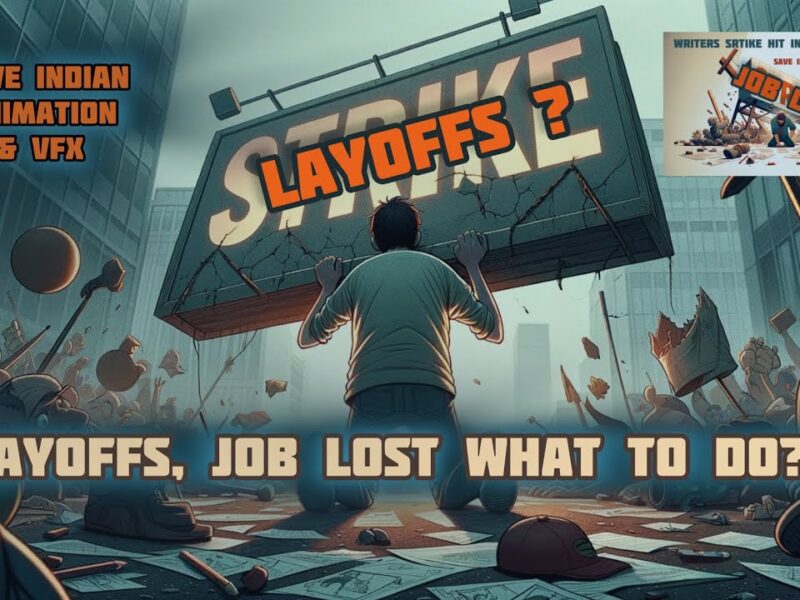The world of visual effects (VFX), often celebrated for its cinematic magic, is currently facing a harsh dose of reality. Over the past few months, several high-profile VFX studios have announced major layoffs, leaving hundreds of talented artists scrambling to find new opportunities. This wave of job cuts isn’t just a temporary ripple — it signals deeper, systemic issues brewing in the industry.

📉 Who’s Affected?
From independent studios to subsidiaries of major Hollywood production houses, no corner of the VFX world has been completely immune:
- Framestore, DNEG, and Method Studios have reportedly downsized multiple departments.
- Remote VFX teams hired during the streaming boom are being let go due to production slowdowns.
- Even contract-based and freelance artists, long the backbone of VFX pipelines, are seeing fewer bookings.
🧩 What’s Causing the Layoffs?

Several overlapping factors are at play:
- Streaming Slowdown: After years of aggressive content creation, platforms like Netflix, Disney+, and Prime Video are scaling back their VFX-heavy productions.
- Budget Constraints: Studios are tightening their wallets due to economic uncertainty and declining box office numbers.
- AI Disruption: While not the sole cause, the rise of AI tools for rotoscoping, compositing, and even animation is shifting how studios allocate human resources.
- Unionization Pushes: Movements like IATSE’s campaign to unionize VFX workers have prompted some studios to reassess hiring and restructuring.
- Global Outsourcing & Tax Incentives: More work is moving to countries with better incentives, leaving artists in North America and Europe vulnerable.
⚠️ The Human Cost
For VFX professionals, especially junior artists and recent grads, these layoffs are more than just headlines — they’re life-altering. The burnout from intense crunch periods, followed by sudden unemployment, has taken a toll on mental health across the industry.
A senior compositor from a major studio (anonymous) shared:
“We gave everything to meet deadlines, and now we’re being told our positions are no longer sustainable. It’s disheartening.”
💡 Is There a Way Forward?
Despite the doom and gloom, the industry is no stranger to resilience. Here are some potential paths forward:
- Unionization: Organized labor may help secure better working conditions, job security, and fair wages.
- Diversification: VFX professionals are increasingly exploring gaming, VR/AR, and advertising, which continue to demand high-quality visual content.
- Upskilling: Artists are learning AI, Unreal Engine, and virtual production to stay ahead of the curve.
- Smaller Studios Rising: Boutique studios are finding niche success, often offering more sustainable work environments than larger players.
🌍 What This Means for the Industry
The recent layoffs are a wake-up call. For an industry that helps craft billion-dollar blockbusters, it’s ironic how undervalued its workers often are. Moving forward, studios and stakeholders must find a balance between technological evolution and human creativity — or risk losing the very talent that brings imagination to life.
✊ Final Thoughts
The VFX industry stands at a crossroads. Will it double down on short-term cost-cutting, or invest in the long-term well-being and growth of its workforce? As the lights dim on some stages, others are quietly preparing for a brighter, more balanced act.



